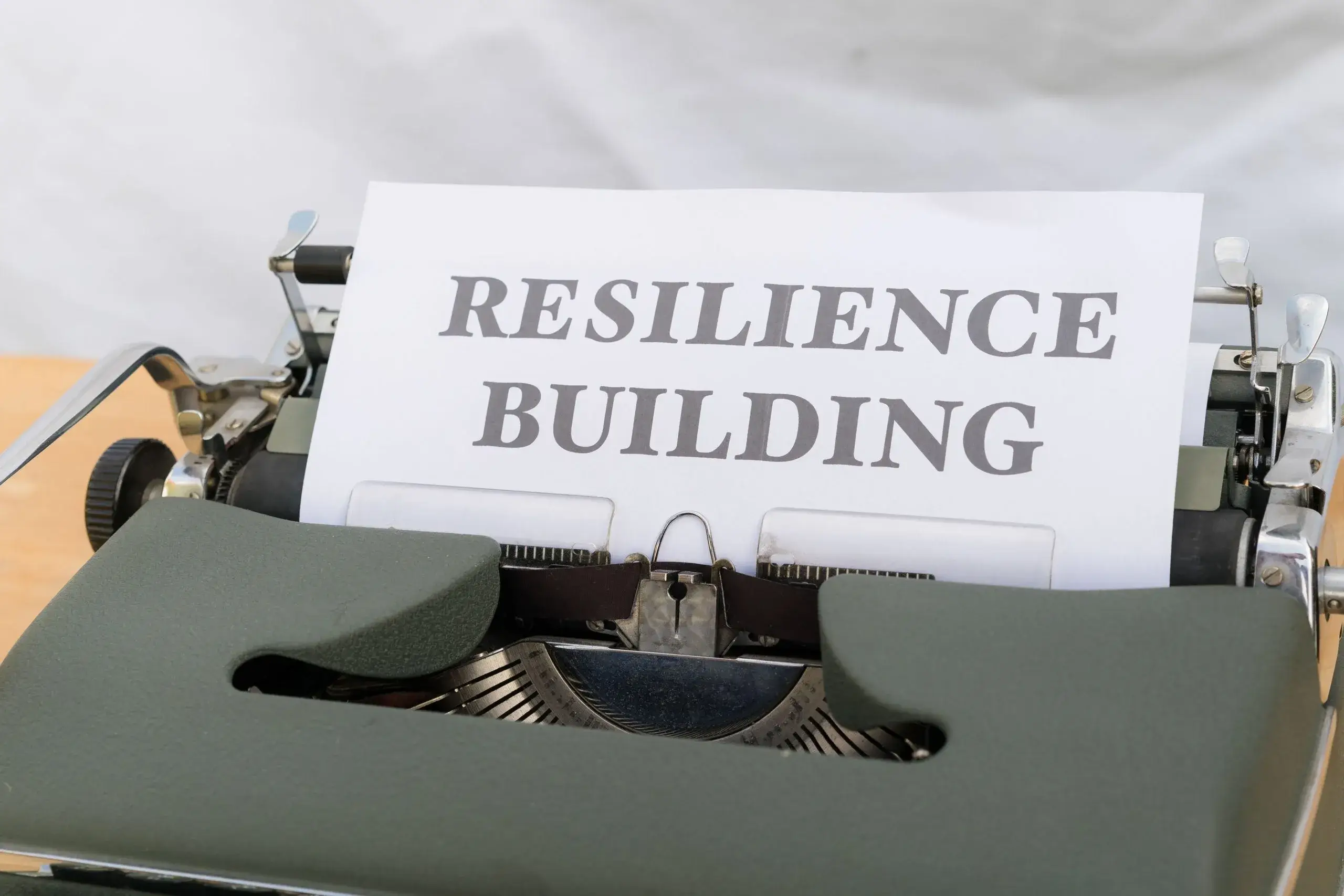Imagine this situation: you’re a sales rep with a big pharmaceutical company. One of your clients put in a big order that will get you a healthy commission. You’re excited about it, for sure. However, you inadvertently changed the delivery date to a later date, even though your client needed the products urgently. This mistake could cost you and your company time and money, maybe even your client’s business.
What do you do when you realize you’ve made a mistake? Do you stress out and crumple, or find an effective solution and use this situation as a learning experience? If you do the latter, it shows you’re resilient.
Resilience As an Empowering Skill
Resilience is an essential skill in the workplace because it enhances your ability to navigate change, face challenges, and bounce back from setbacks. It means not being afraid to fail. A resilient person or team takes failure as an opportunity to learn and thrive.
Building resilience helps you adapt to changes quickly and recover and adapt from a traumatic event. It gives you the inner strength to deal with whatever life throws at you.
On the other hand, resilience in the workplace can encourage a positive work environment and assist personal and professional growth and development. It prepares employees to deal effectively with new and stressful situations.
It’s important to point out that resilience is a dynamic skill that can be learned and developed. Besides, because it relies on strong relationships and networks, resilience can help stave off burnout at work.
Did you know? Resilience improves…
-
Employee’s enthusiasm by 45%
-
Energy by 38%
-
Concentration by 27%
-
Overall satisfaction by 44%
The Importance of Resilience in the Workplace
As already mentioned, resilience is the ability to recover from a challenge and to use it as a learning experience. In the workplace, it means the ability to solve problems, face challenges, and recover from mistakes like the one in the introduction.
The importance of resilience cannot be overstated. It helps employees manage stressful situations and provides the motivation to address challenges with resolve. Therefore, when an employee sees they can handle a challenge successfully and confidently, their self-esteem improves. Also, if they know they can rely on colleagues for support, they will form strong and positive workplace relationships that will increase engagement.
By framing challenges as learning opportunities, resilient employees can reduce their mistakes, develop positive habits, and reduce workplace anxiety, therefore increasing job satisfaction and productivity.
As a result, organizations remain competitive and profitable, and work engagement, job satisfaction, and commitment increase.
What About Leaders?
A leader’s actions impact their leadership style. If they are stressed, they’re less likely to engage in basic management activities, which will also affect their team, negatively influencing the team’s attitude towards work.
On the other hand, a resilient leader provides creative ideas, encourages their team to be creative and make meaningful contributions, or collaborates in problem-solving processes.
Tips for Building Resilience
There are some behaviors you can engage in to remain focused and optimistic in the face of adversity, like emotional regulation, which is the ability to observe, recognize, and react to our emotions effectively. Being compassionate towards ourselves and others helps reduce harsh criticism and be more mindful. Lastly, our cognitive agility allows us to consider all sides of a problem and think about it in a way that benefits us.
Find a suitable work-life balance by developing positive habits and focusing on your well-being by doing physical activity, a hobby, relaxation techniques, taking regular breaks, and the like.
Keep a journal where you write down your reflections on the challenges you face and what you’ve learned from them.
Build trust and develop strong relationships with your colleagues and managers. Also, build a social support network that can help you manage stress.
Focus only on what you can control.
At English Services, we believe that learning from your mistakes is a fundamental part of learning a new language. However, learning doesn’t have to be serious or boring, so we use elements of gamification in our online language lessons. Drop us a line to find you how you can help your team develop new language and resilience skills.
